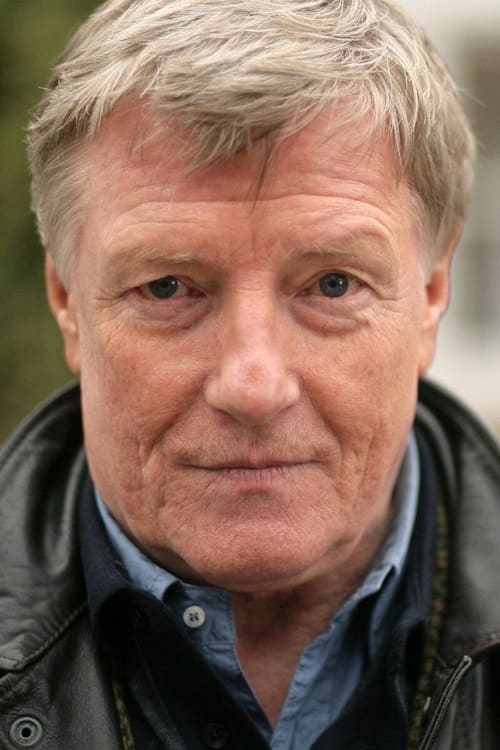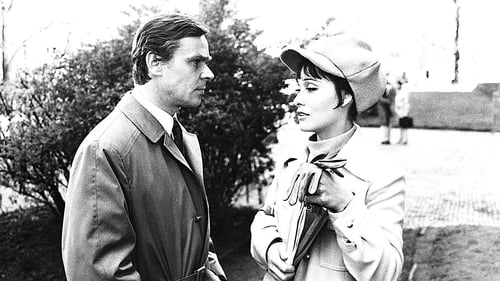Who We Were (2021)
Gênero : Documentário
Runtime : 1H 55M
Director : Marc Bauder
Sinopse
A look at the current state of the world, from the hand of six intellectuals and scientists who reflect on the present and postulate about the future.

Lemuel Gulliver (Lubomír Kostelka) has had a car accident and continues his journey across the unknown countryside on foot. On the road he finds a dead rabbit dressed like a man and takes a watch from its waistcoat breast pocket. The half-ruined house that he enters reminds Lemuel of his childhood and brings up a painful memory of a dearly loved girl Markéta who was drowned years ago. Gulliver finds himself in Balnibarbi, a country where he doesn't understand the laws and habits and so continually offends against public decency. It is a day when people are ordered to keep their mouths shut and they force their visitor to follow suit. He faces harsh interrogation and finds it difficult to explain that he is not the rabbit Oscar whose watch has been found in his possession.

Primeiro filme de Zeman em formato widescreen marca sua volta ao mundo de Jules Verne. Inspirado pela Art Nouveau e usando colagens de jornais, ele conta a história de dois anos de aventuras de cinco garotos que roubam um dirigível.
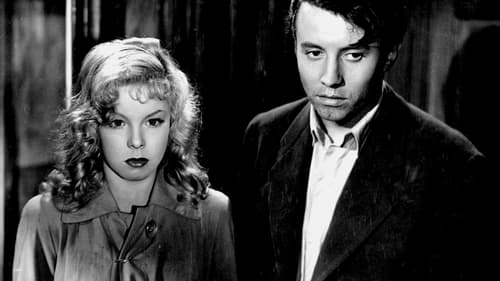
França, recém-libertada do jugo alemão. Apanhados como clandestinos a bordo de um navio, Manon, uma jovem que foi acusada de colaborar com os nazistas, e Robert, um soldado da Resistência que a salvou das represálias, contam ao capitão sobre os muitos desafios que enfrentaram para sobreviver. (e 16 - Estimado 16 Anos)
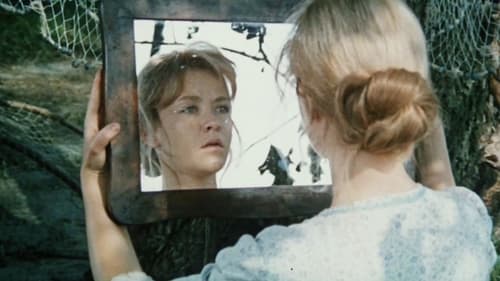
A fisherman saves Anada, a woman adrift, from drowning. He takes her to his home, and protects her. Eventually, she occupies a larger place than was to be expected. He commits adultery with her, but his own wife seems to be in love with the strange young woman.

A comedy film taking an ironic view of the bourgeois period prior to the First World War.
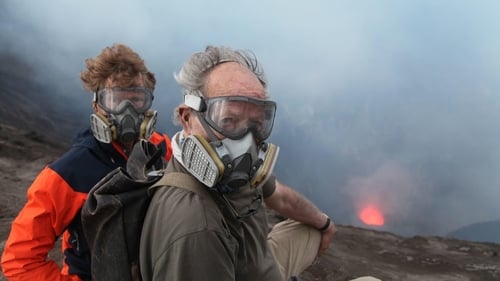
Werner Herzog e o vulcanólogo Clive Oppenheimer embarcam em uma jornada global para explorar alguns dos vulcões mais míticos do mundo na Indonésia, Etiópia, Islândia e Coreia do Norte. Falando com os cientistas e os povos indígenas, eles buscam entender a relação complexa e profundamente enraizada entre a humanidade e uma das maiores maravilhas da natureza. O documentário combina reportagem, história e filosofia em uma experiência cinematográfica fascinante.

Police summoned to an apartment building make a horrifying discovery.

A baleful limping man walks through Prague. He is Asmodeus (Juraj Herz), the fiend of lustfulness, entertaining himself by putting together by magic couples of lovers. He only fails at the swimming pool. Zuzana (Jana Sulcová), the good-looking blonde, ignores the men whom the devil foists off onto her. She loves Honza (Václav Neckár) and the boy shares her feelings. The fiend is annoyed by the couple and tries to provoke a row. He sends heavy rain to force them into a hotel and then warns Zuzana's father by phone, but the young lovers manage to get out in time. Then the obstinate Asmodeus takes Honza in his sleep to the Institute for Emotional Disorders, where he shows him the ugly sides of love - hysteria, voyeurism, fetishism, suicide attempts...
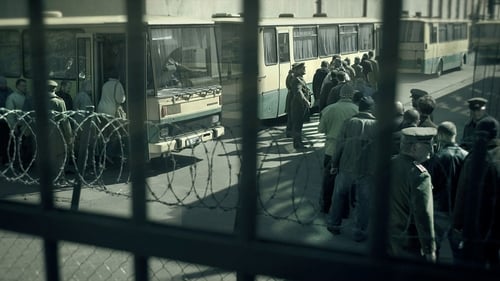
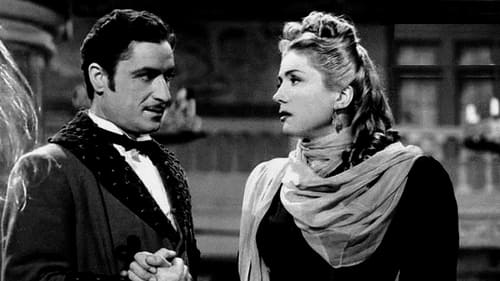
Paris, 1857. While on trial for moral outrage, French writer G. Flaubert tells the court and the audience the true story of the heroine of his novel Madame Bovary, a sensitive but capricious woman whose desperate efforts to overcome the bourgeois conventions of a dull, provincial life led her family first to ruin and disrepute and finally to the abyss of tragedy.

Psychologist Eliska contacts musician Martin with a request for him to perform at an event on mental disorders. Their intense relationship ends with Eliska's suicide, which will resolve long-lasting pain without cause. She flew through Martin's life like a spaceship. She left clothes, things, a farewell letter. But also memories, dreams and eternal encouragement to play. She's still with Martin. Like a memoir, as a gratitude for the experience, like a muse.

Is it morally acceptable to use the civilian population as yet another tool for waging war? Is it possible to justify death and destruction for the sake of supposedly lofty ideals? The question remains as pertinent today as it was at the beginning of World War II, and it is becoming increasingly urgent to answer, as countless tragedies have been caused by unethical political decisions.

A seaman finds himself out of work and stranded in a distant port. He shares a cheap room. They take turns sleeping, some in the morning, some at night. Grief! When he will go back to sea? And there! The scent of woman drifts up to seduce him! He realizes he had shared his bed with a lady of the night.

